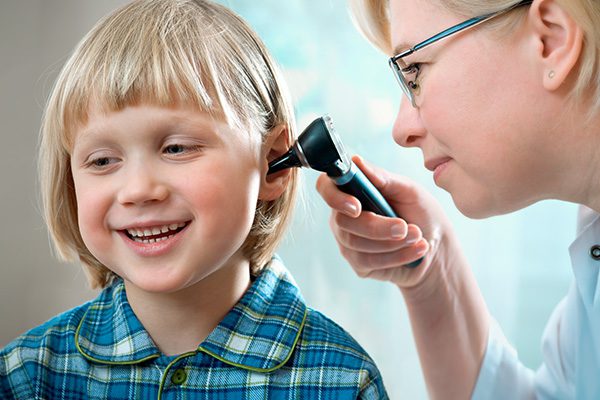The Impact of Autumn Weather on Hearing Aids
Autumn weather brings changes that can affect how well your hearing aids


Autumn weather brings changes that can affect how well your hearing aids

Good hearing lets you catch the punchline of a joke, hear your

Spring brings warmer temperatures, afternoon rain showers and higher